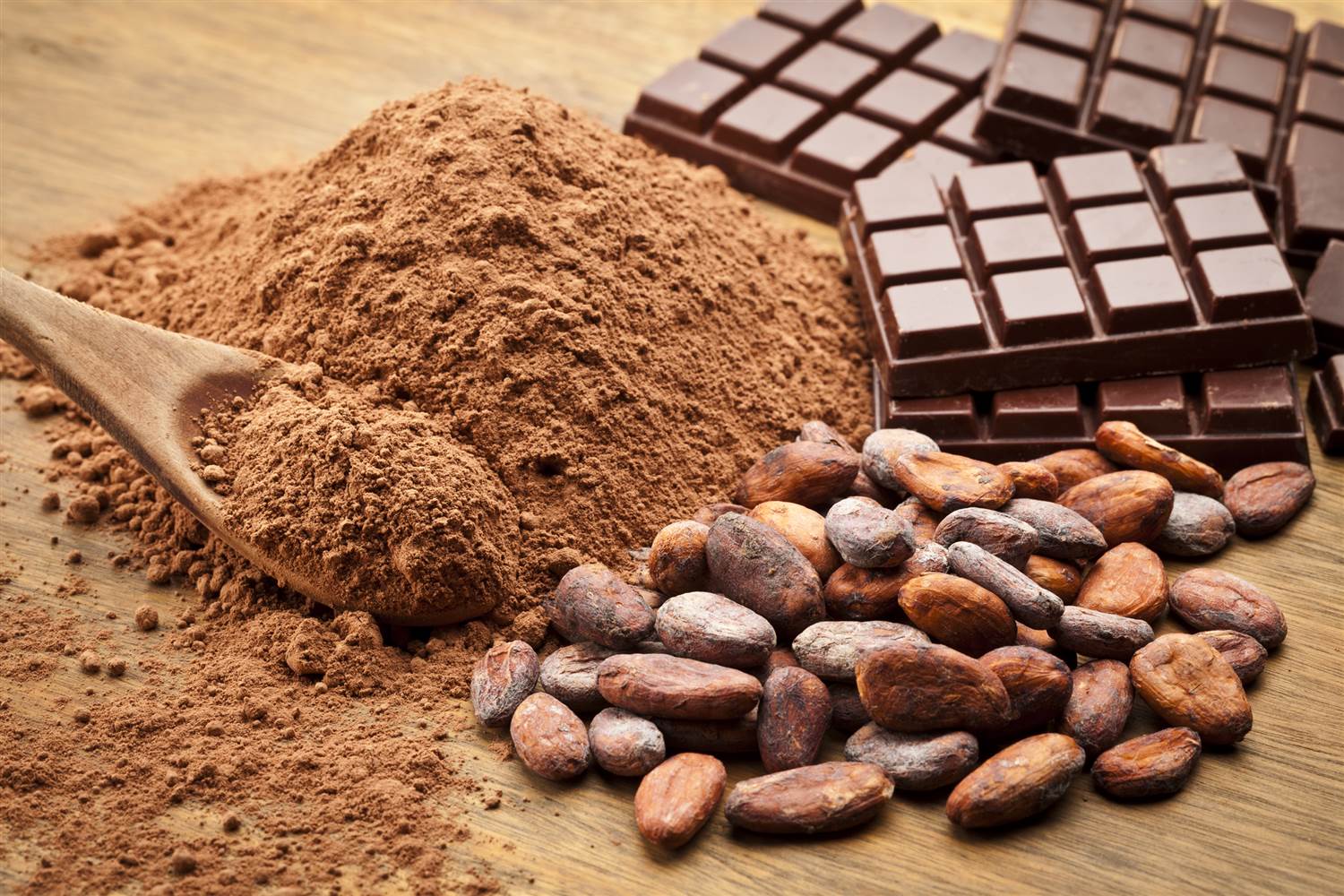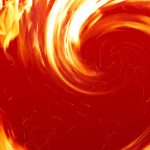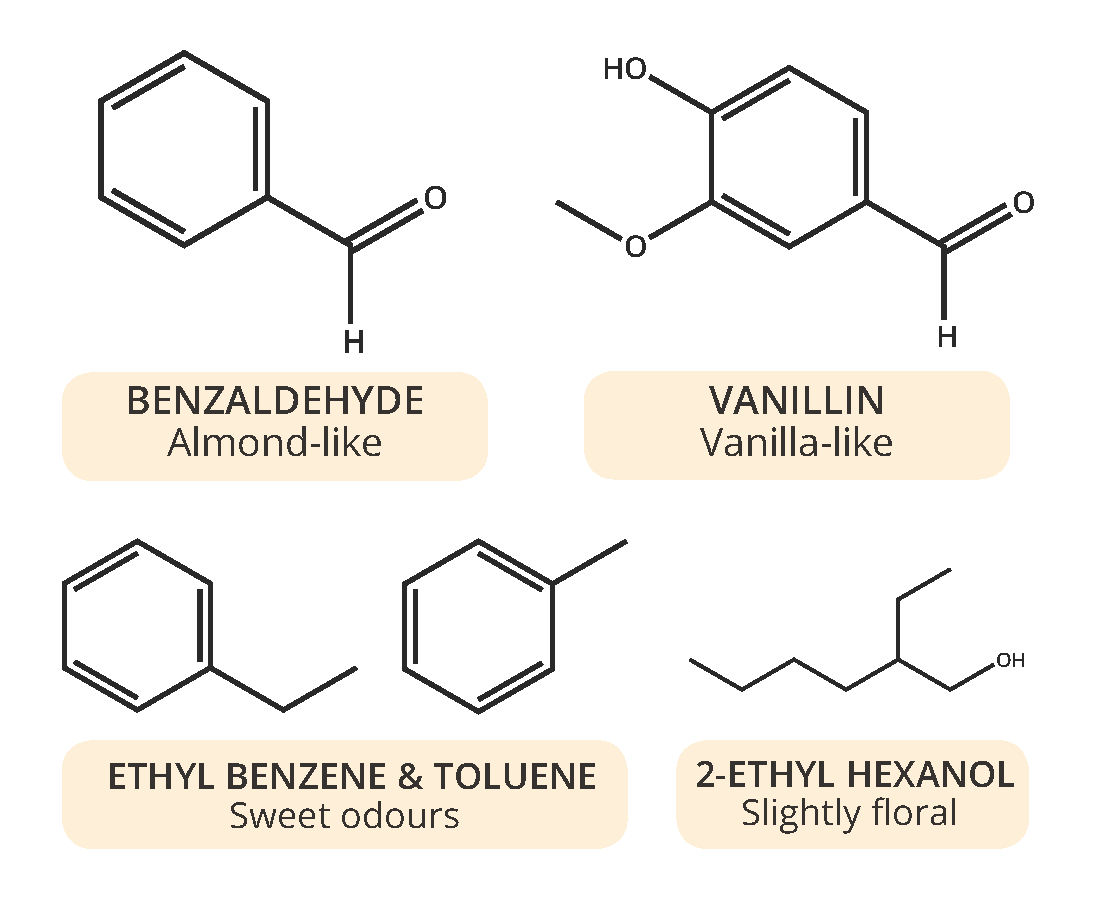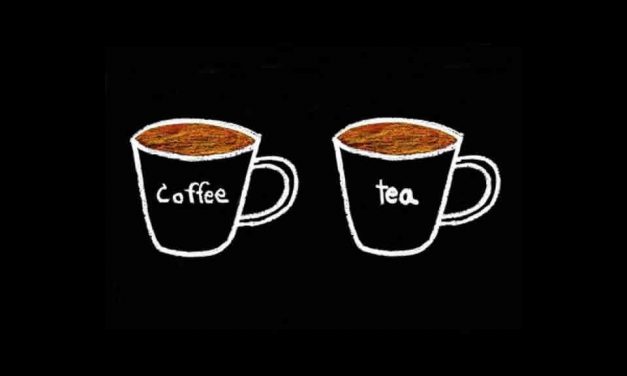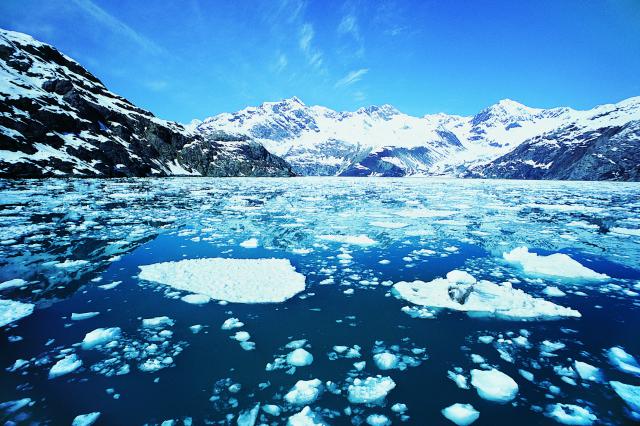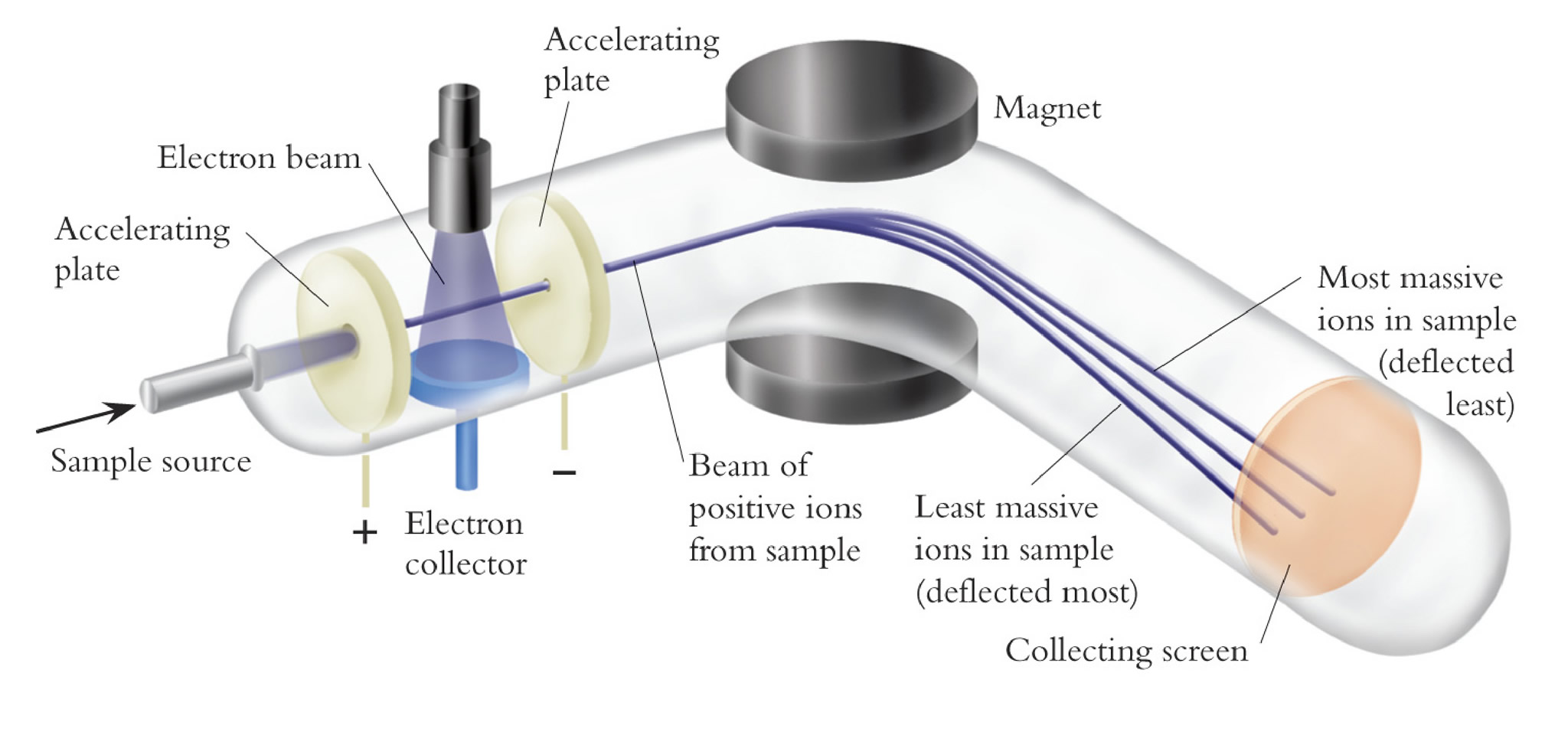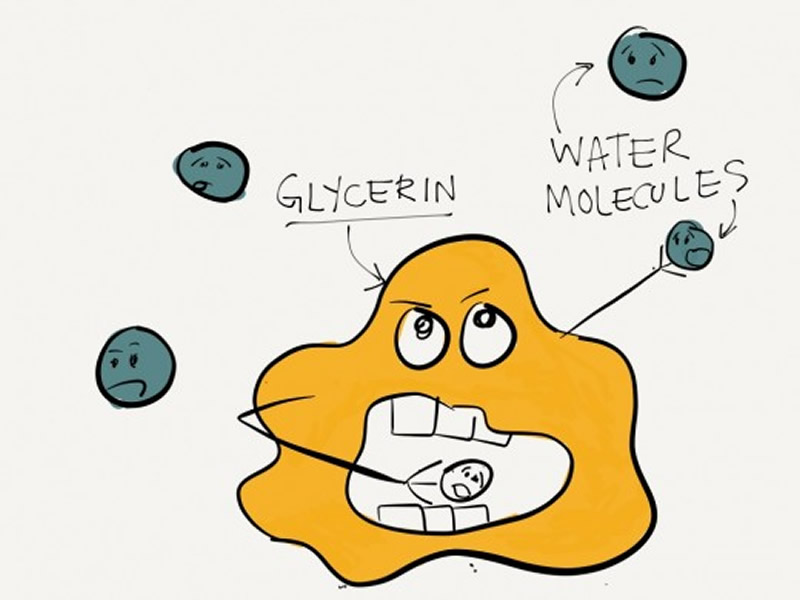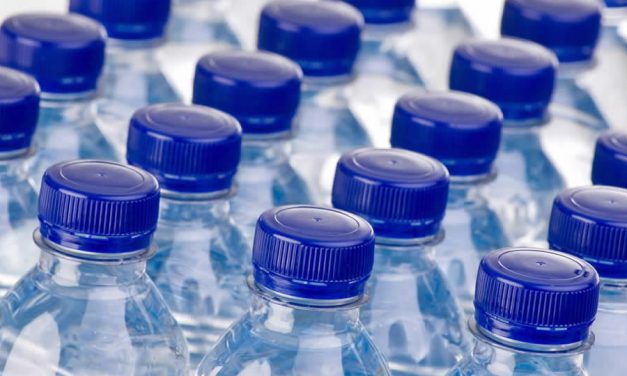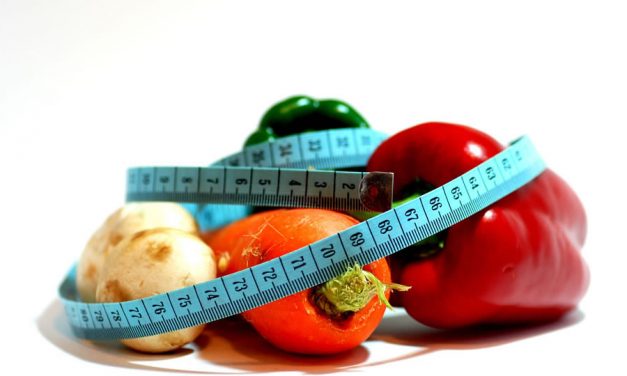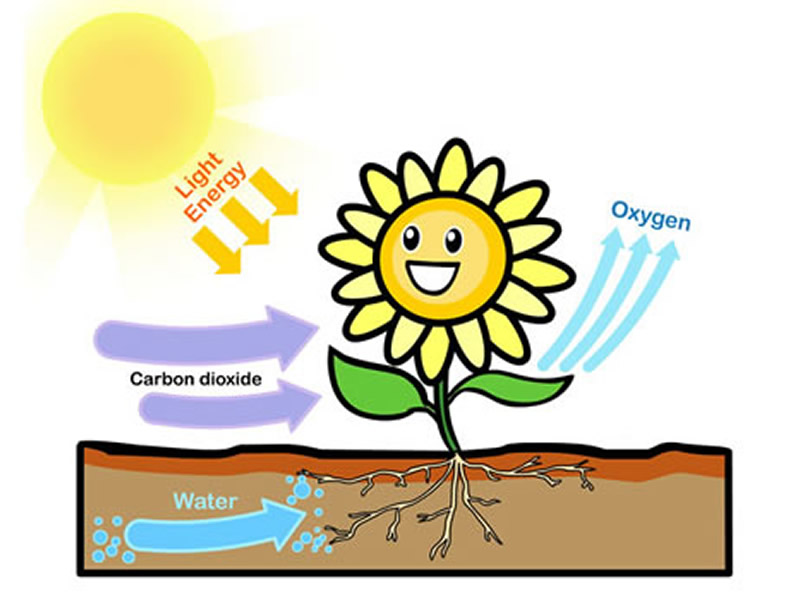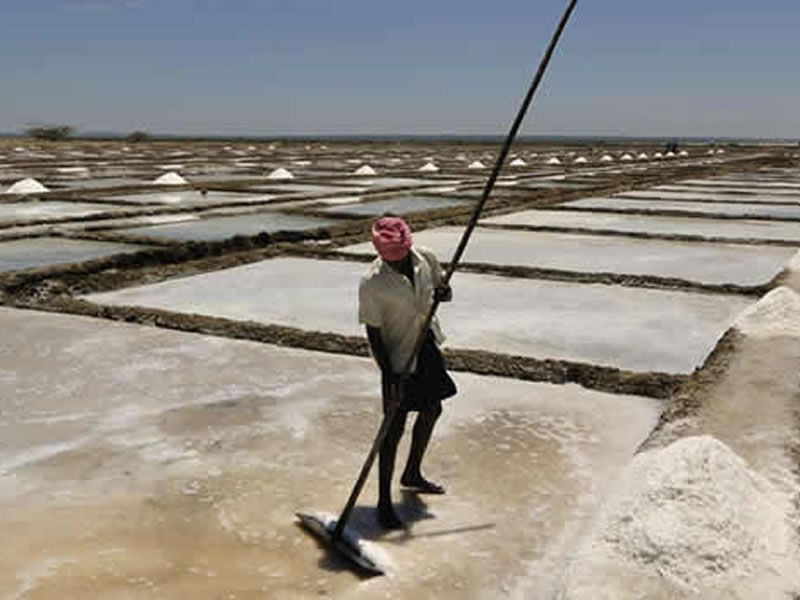Tag: chemistry
What Will Happens to the Earth if the Ozone Layer ...
Nov 26, 2021 | General Interest, Science |
How is the Non-Stick Coating Stuck on to Kitchenwa...
Oct 29, 2021 | Science, Technology, Trivia |
When Left Can be Right and Right Can be Wrong R...
Jul 3, 2020 | General Interest, Science, Trivia |
What are People Made of?
Apr 24, 2020 | Trivia |
Why Does Water Freeze?
Dec 27, 2019 | General Interest, Science, Trivia |
All
LatestWhy Eating Chocolate (can be) good for you
Mar 1, 2019 | Food & Drink, General Interest, Trivia |
There is little doubt about the deliciousness of chocolate. But its health benefits are less...
More...
Valentine Conundrums : Why Does an X Stand for a Kiss? and Why Do Humans Kiss?
Feb 13, 2018 |
A valentine’s day conundrum for you : Why does an X stand for a kiss? and why do humans kiss anyway?
Read MoreDoes Tea Have More Caffeine than Coffee?
Nov 7, 2017 |
Does tea have more caffeine than coffee? This is one of those perenial questions.
Read MoreWhy Does Ice Float?
Oct 13, 2017 |
Water is one of the strangest chemicals in the universe, and many of its strangest features turn out to be essential for life as we know it, particularly the almost unique property of water related to freezing. So why does it float when it becomes a solid?
Read MoreWhat is Love ? (Scientifically Speaking)
Feb 10, 2017 |
What is Love ? : A very deep and involved question. However in this article we will restrict ourself to the scientific point of view. What is going on in our bodies, and brains when we fall in love or see the object of our inner most desires.
Read MoreSniffing out Trouble – Analysing the composition of almost any surface
Oct 21, 2016 |
Scientists in Zurich, Switzerland have up with a sensitive new way to analyse the composition of almost any surface, including human skin by blowing a stream of nitrogen across the surface under analysis and collect the gas together with any debris that it dislodges. The material is then fed into a mass spectrometer that can pick apart the chemical composition of anything present on the surface.
Read MoreHow does soap work?
Jun 17, 2016 |
A bar of soap is a chemical miracle – a little scented block that unleashes molecular forces when dunked in water. In this article we look how this little miracle actually works.
Read MoreElemental Questions : What is Fire Made of ?
May 20, 2016 |
Fire – one of the most primitive and yet intriguing of the ‘fundamental elements in our world. Indeed one of the things that differentiates mankind from the rest of the animal kingdom is his ability to make and control fire. but : What is fire made of ? What is its atomic structure? What causes things to burst into flame in the first place and why can’t all materials be made to produce flame ?
Read MoreFantastic Plastic – What would the world do without this technological wonderstuff
May 19, 2015 |
There are some discoveries and inventions which have literally revolutionsied the way we live and changed teh direction of technology and therefore mankind. Plastics are one of them.
Read MoreHow is the Caloric Value of Food Measured?
May 1, 2015 |
The Caloric value of food appears everywhere today. It’s almost as if there’s some malevolent conspiracy to make us feel bad about that chocolate bar or bag of crisps we like to snack on. But how do they estimate the calorific values and is it very accurate ?
Read MoreHow do plants feed ?
Sep 2, 2014 |
How do plants feed? The answers quite ingenious … most plants create meals for themselves in the form of sugar. This process is called photosynthesis (‘photo’ meaning light and ‘synthesis’ meaning to make) in other words making food with light !
Read MoreWhy is the sea salty?
Aug 15, 2014 |
A litre of seawater contains about 7 teaspoons of salt – that’s about 35g. But how did it get so salty ?
Read MorePuerile Chemistry – or “What the boys get up to in the lab” – Sexibenzarsole (and other unmentionalbe compounds)
Aug 20, 2013 |
In this article we find proof that British Chemists do have a sense of humour .. well a puerile one at least.
Read MoreWe are Stardust …
Dec 28, 2012 |
We are Stardust … the chemical elements that make up our bodies, originated, with one exception, in the turbulent body of a star
Read MoreMr Global Disaster
Jul 3, 2012 |
What would you say if much of the causes of global warming and pollution that the world is currently struggling with could be traced back to one man ?
Read More

